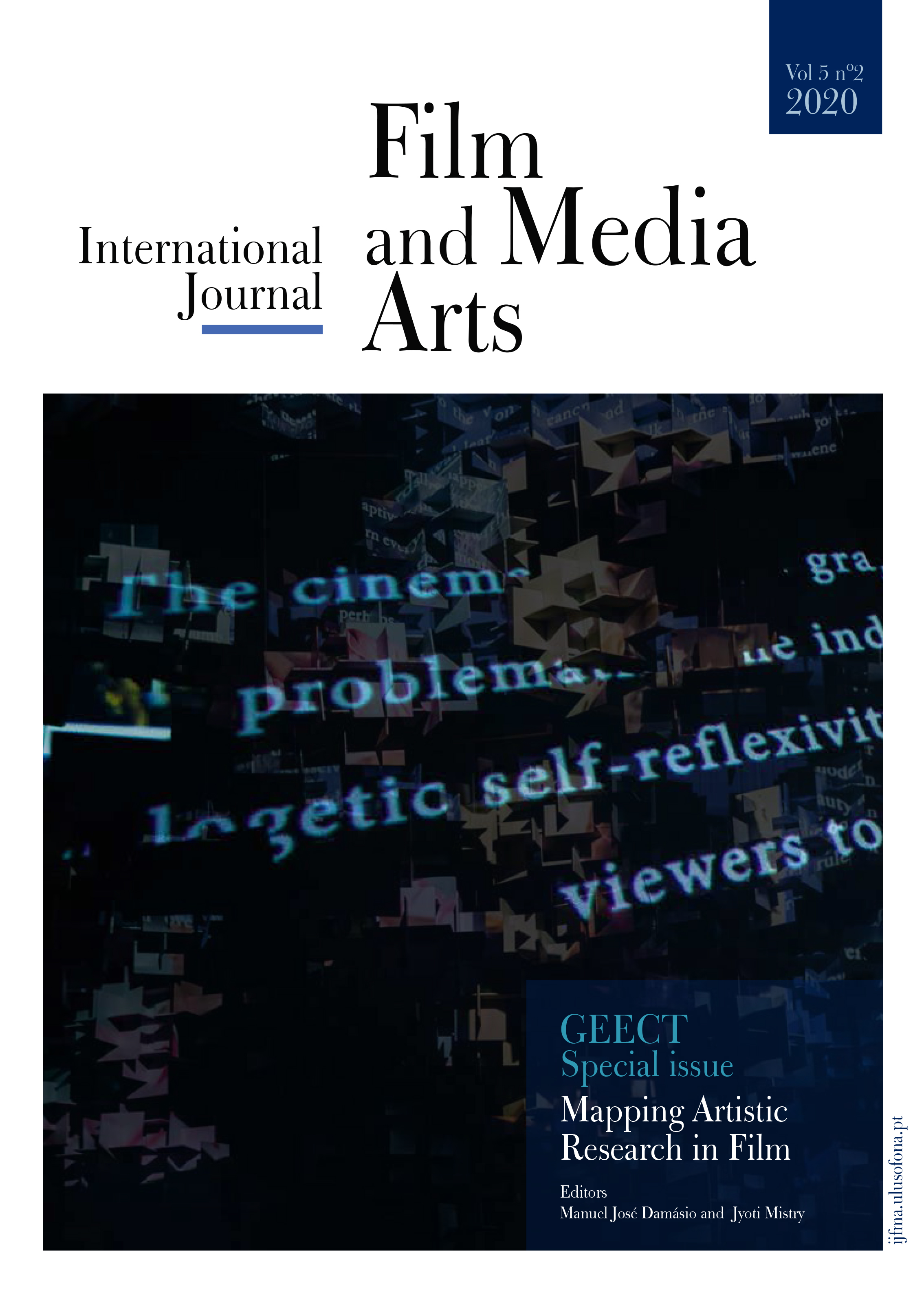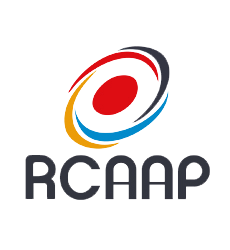The Aesthetics and Perception of Documentary Film: A mixed methods approach and Its implications for Artistic Research
Abstract
The ongoing research project Gadgets, Phones and Drones at the Zurich University of the Arts investigates how innovations in camera technology have affected the visual aesthetics of documentary films since the 1990s. With specially produced variants of short films, historical paradigm shifts are being subjected to contemporary comparative analyses. Major aspects of the aesthetic change, as for instance the tendency towards a shallow depth of field, are linked to the concept of authenticity or perceived realism.
The project’s use of interdisciplinary research is oriented towards artistic research, or more precisely, towards a practice-based approach and is combined with empirical audience experiments. The dialogue between qualitative and quantitative research, also known as mixed methods, has enabled surprising new insights. However, the comparability of quantitative methods risks narrowing down the aesthetic potential of the filmic products that are used to conduct the research. In order to maintain a discriminating discourse within the practice-based approach, it is therefore advantageous to extend the study’s framework beyond a quantitative and comparative research set-up and provide specific fields for artistic investigations.
Copyright (c) 2020 IJFMA

This work is licensed under a Creative Commons Attribution-NonCommercial 4.0 International License.











